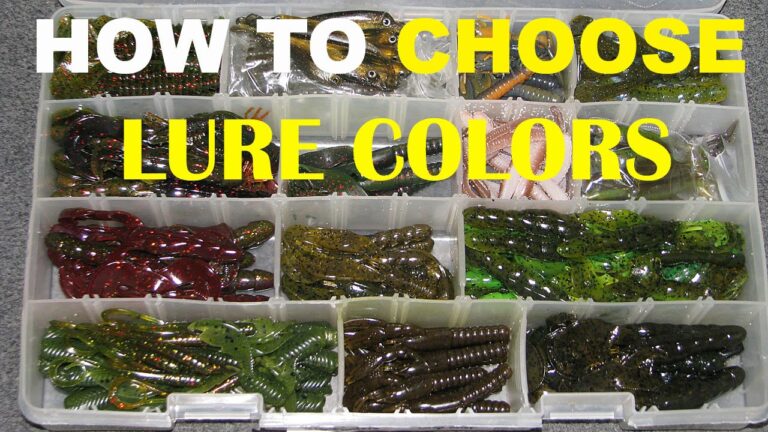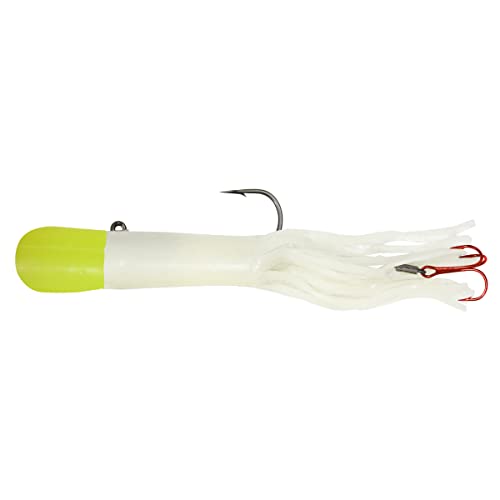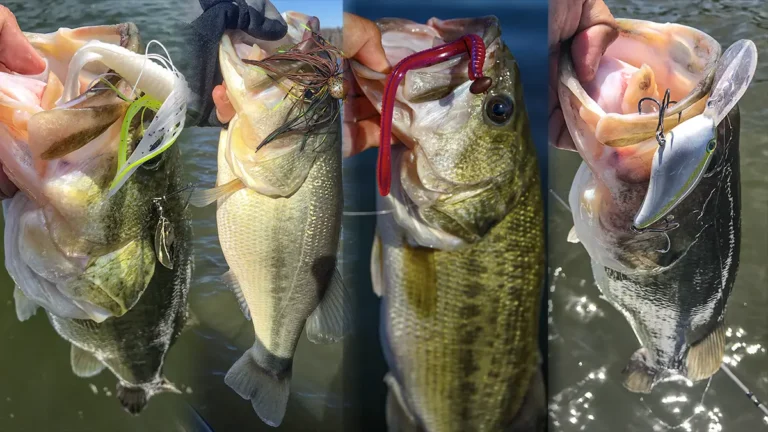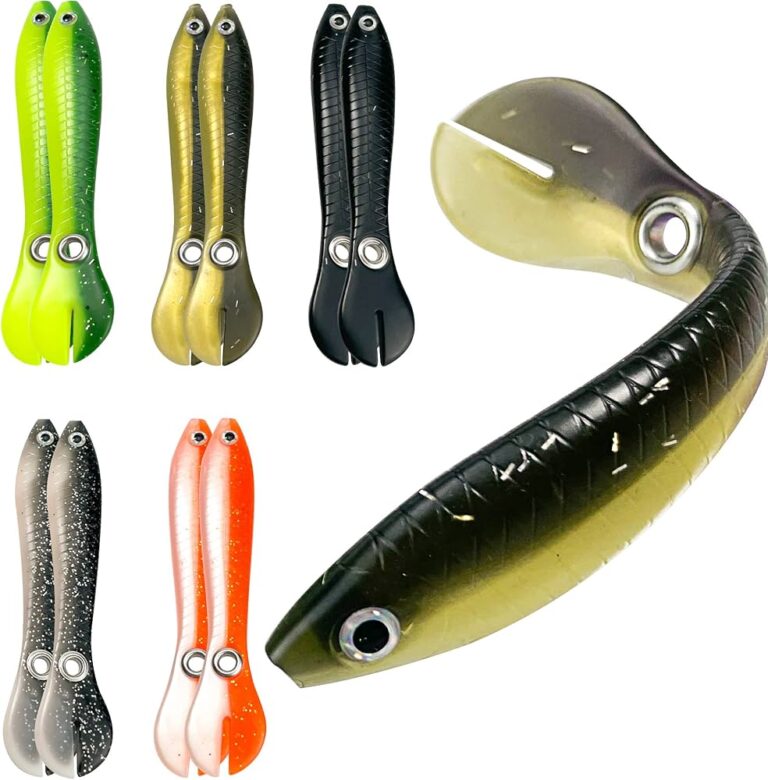Fishing is a fun and relaxing activity. But safety is important too. Understanding why insulators do not conduct electricity to fishing lures can help keep you safe.
What Are Insulators?
Insulators are materials that do not let electricity flow through them easily. They keep electricity in one place. Common insulators include rubber, glass, and plastic.
How Electricity Works
Electricity needs a path to travel. This path is called a circuit. Conductors, like metal, let electricity flow through them. Insulators do not. They block the flow of electricity.
Why Insulators Are Important
Insulators keep us safe from electric shocks. They cover wires and other parts that carry electricity. This stops electricity from reaching places it should not go.
Fishing and Electricity
Water conducts electricity well. This means that electricity can flow through water easily. Fishing lures are often used in water. So it is important to understand how electricity can affect them.
Why Fishing Lures Need Insulators
Fishing lures are made of different materials. Some of these materials can conduct electricity. If a lure touches an electric source, it can become dangerous. Insulators help keep electricity away from the lure. This makes fishing safer.
How Insulators Work with Fishing Lures
Insulators can be added to fishing lures in many ways. For example, a lure may have a plastic coating. This coating acts as an insulator. It stops electricity from reaching the metal parts of the lure.

Credit: wozo.com
Types of Insulators Used in Fishing
- Plastic: Often used to coat hooks and other parts.
- Rubber: Can be used to cover wires and lines.
- Wood: Sometimes used in handles and other parts.
Benefits of Using Insulators in Fishing
There are many benefits to using insulators in fishing. Here are a few:
- Safety: Keeps you safe from electric shocks.
- Durability: Protects the lure from damage.
- Performance: Helps the lure work better in water.
Examples of Insulators in Fishing Gear
Many types of fishing gear use insulators. Here are some examples:
- Fishing Rods: Often have rubber or plastic handles.
- Fishing Lines: Some lines have a coating to stop electricity.
- Fishing Nets: Can have plastic or rubber parts.
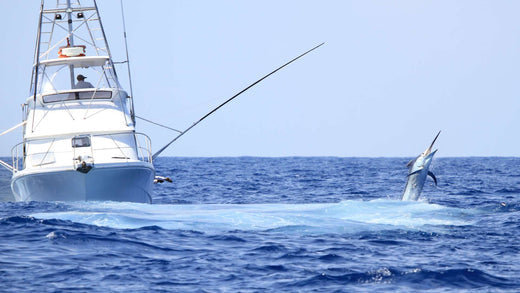
Credit: captainspreferredproducts.com
How to Check for Insulators
You can check if your fishing gear has insulators. Look for plastic or rubber coatings. Check the handles and other parts. If you are not sure, ask an expert.
Frequently Asked Questions
What Are Insulators?
Insulators are materials that do not conduct electricity. They prevent the flow of electric current.
Why Don’t Insulators Conduct Electricity?
Insulators have tightly bound electrons. This prevents the free movement of electric charges.
How Do Fishing Lures Work?
Fishing lures attract fish. They mimic the appearance or movements of prey.
Are Fishing Lures Made From Insulators?
Yes, most fishing lures are made from plastic, a common insulator.
Conclusion
Insulators are important in fishing. They help keep electricity away from lures. This makes fishing safer and more enjoyable. Always check your gear for insulators. Stay safe and have fun fishing!

